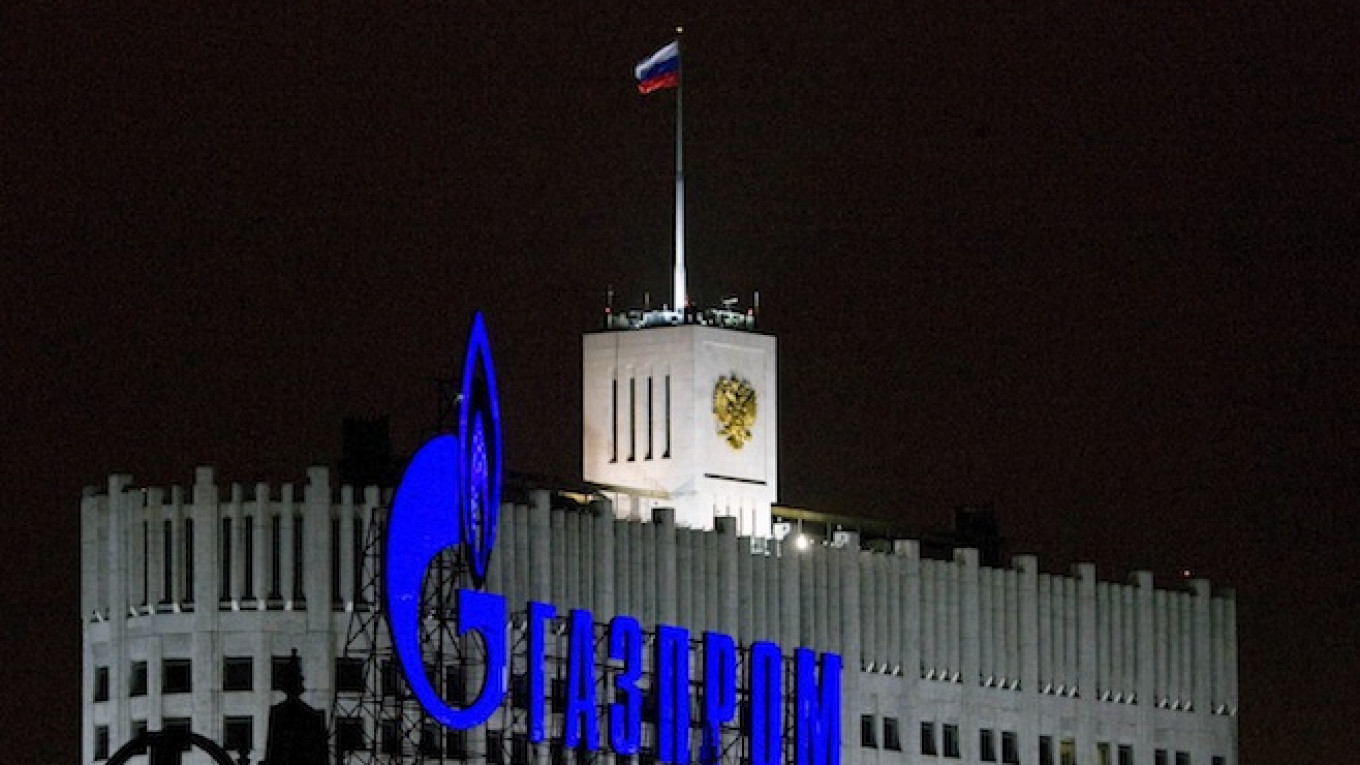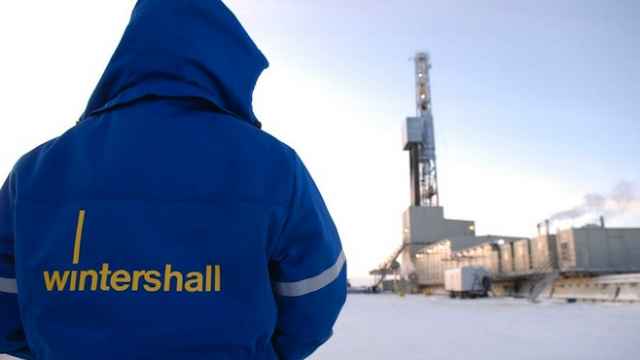FRANKFURT — German chemicals group BASF SE and Russia's Gazprom have abandoned a gas assets swap deal planned for this year as companies across Europe continue to suffer from growing tensions between Moscow and the West.
Relations between Russia and Western countries have deteriorated rapidly over the conflict in Ukraine, which has led to sanctions on both sides and hurt Western companies with business interests in Russia.
The standoff has damaged the Russian economy, along with falling oil prices and global financial problems, and the ruble has plunged against the dollar this year.
Russia accounts for nearly 40 percent of German gas imports.
"BASF last night paid tribute to the macro environment and announced non-completion," UBS analysts said, cutting their rating on the company to "neutral" from "buy."
The swap deal would have given Russia greater access to gas trading and storage in Germany, in return for BASF's oil and gas unit Wintershall getting more stakes in Siberian gas fields.
"Due to the currently difficult political environment, BASF and Gazprom have decided not to complete the asset swap planned for the end of the year," BASF said, without giving any more details on why the deal had been scrapped.
Shares in BASF, Germany's sixth-largest company by market value, were down 2.8 percent at 1207 GMT, among the biggest decliners on Germany's blue-chip index.
BASF said it now expected 2014 earnings before interest and tax (EBIT) to increase only slightly from the previous year — rather then the considerable rise it had previously forecast on the back of income from the deal.
It stuck to its forecast for full-year EBIT before special items, which is expected to be slightly higher.
Under the deal, Wintershall would have transferred a jointly operated natural gas trading and storage business fully to Russian state-controlled gas producer Gazprom.
Gazprom would have also received a 50 percent share in Wintershall Noordzee B.V., which explores for and produces oil and gas in the North Sea.
Those activities together contributed around 12 billion euros ($14.7 billion) to BASF's sales in 2013 and 500 million to earnings before interest, tax depreciation and amortization (EBITDA), the firm said.
BASF will book expenses of 211 million euros in 2014 a result of the unwinding of the deal and will have to restate expenses and EBIT for 2013, the company said.
Wintershall has long explored Siberian gas fields jointly with Gazprom and would have locked in more long-term gas supplies through the deal. But traders said that, with the shale gas boom in the United States, this might have become less important to BASF.
A Gazprom spokesman said the company had nothing to add to BASF's comments.
A Message from The Moscow Times:
Dear readers,
We are facing unprecedented challenges. Russia's Prosecutor General's Office has designated The Moscow Times as an "undesirable" organization, criminalizing our work and putting our staff at risk of prosecution. This follows our earlier unjust labeling as a "foreign agent."
These actions are direct attempts to silence independent journalism in Russia. The authorities claim our work "discredits the decisions of the Russian leadership." We see things differently: we strive to provide accurate, unbiased reporting on Russia.
We, the journalists of The Moscow Times, refuse to be silenced. But to continue our work, we need your help.
Your support, no matter how small, makes a world of difference. If you can, please support us monthly starting from just $2. It's quick to set up, and every contribution makes a significant impact.
By supporting The Moscow Times, you're defending open, independent journalism in the face of repression. Thank you for standing with us.
Remind me later.






